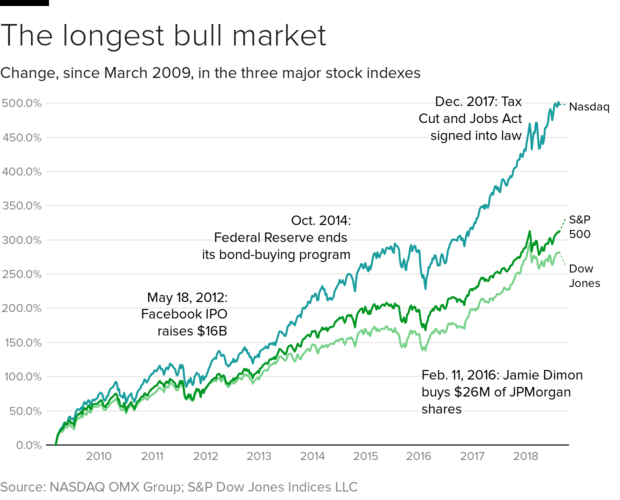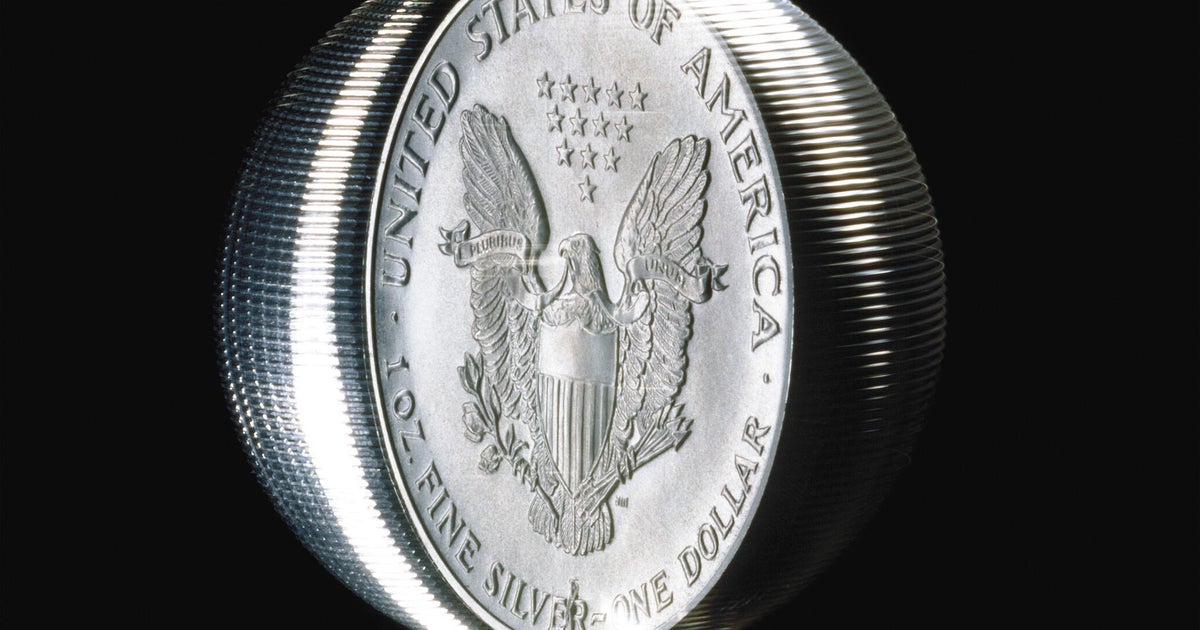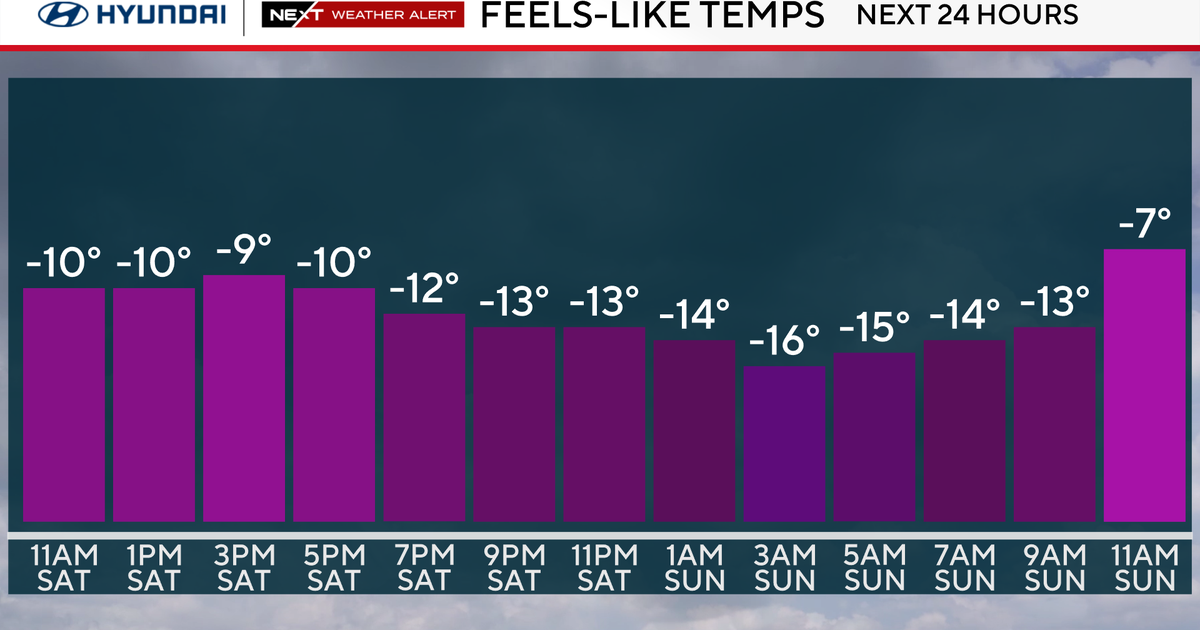This bull market can keep running
Back in early 2009, when the Dow Jones industrial average and S&P 500 stock index both hit 12-year lows and the tech-heavy Nasdaq plunged to its lowest level in seven years, it sure didn't look like a good time to buy stocks.
The U.S. economy was facing its worst slowdown since the Great Depression, prompting the government to spend trillions of dollars bailing out Wall Street, two U.S. carmakers and insurance giant AIG. The Federal Reserve slashed interest rates to near zero as the housing market collapsed under the weight of worthless mortgage-backed securities.
Though the deep freeze in capital markets spooked millions of investors, some long-term money managers such as John Buckingham, chief investment officer at Al Frank Asset Management, kept their cool and remained invested.
"Did we know that March 9 of '09 was the bottom?" said Buckingham, whose firm has $750 million in assets under management. "Absolutely not. We certainly thought it was a good time to be maintaining equity investments if not increasing them. The last nine years since then are perfect examples of why you don't try to time the market."
Indeed, investors like Buckingham who weathered the market's volatility were rewarded for their patience. Since hitting a low of 666 in 2009, the S&P 500 has more than quadrupled and closed Tuesday at 2,863, beating most major international stock indexes.
The current bull market, which has been fueled by ultra-low interest rates, strong corporate profits and a tax cut is expected to eclipse the stock market boom during the dot-com explosion of the 1990s and early 2000s. Though ongoing uncertainties such as potential trade wars and political instability may captivate the media, many money managers remain bullish about the market's prospects.
"We think it's going to last a while longer," said Kurt Spieler, chief investment officer of First National Bank of Omaha Wealth Management, which manages $9 billion in assets. "From our perspective, it's not about the age of the market -- it's about how the economy is doing. In the healthy earnings environment that we are in, we expect to see a continuation of U.S. economic growth and solid earnings growth from companies."
According to Michael Arone, chief investment strategist at State Street Global Advisors, the bull market has been fueled by a combination of easy monetary policy and a massive fiscal stimulus.
However, the Fed has been slowly raising interest rates and unloading bonds that it acquired to boost the economy. "As the stimulative effects of that fiscal policy diminish in the coming quarters and the Fed continues to tighten, that's a risk to the bull market," Arone said. "Lower corporate taxes, less regulation, repatriation of profits and huge government spending. That far outweighs any impacts from trade."
Since valuations remain above their historical norms, finding compelling values is a challenge, money managers say. And, said Arone, an error by the Fed could put the breaks on the stock market rally. But so far, so good -- and the optimists don't see that changing anytime soon.




